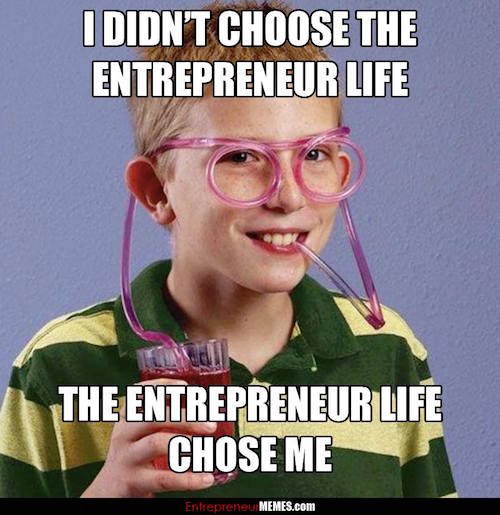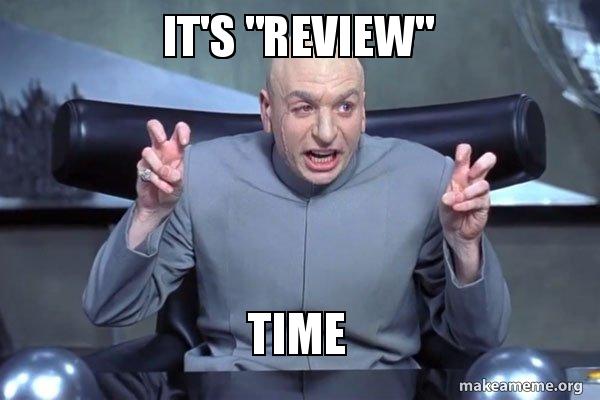
The purpose of this blog post is to outline 5 ideas that I have thought a lot about and actively seeking to invest in. If you are interested in working on any of these, please reach out!

1. Aerospace component marketplace and company directory
With NASA’s plans to open up low earth orbit and the privatization of space –https://www.nasa.gov/press-release/nasa-opens-international-space-station-to-new-commercial-opportunities-private
This presents many new opportunities for companies and countries to participate in the space economy. One of the industry’s biggest challenges: procurement.
- Which companies offer and how much for radio transceiver designed and space qualified?
- What about materials like Aluminum that is space qualified? (Even though many mills around the world claim their Aluminum is space qualified, only US milled aluminum is used in the industry).
- Can and where do I buy a small telescope that can fly in space?
- What components are available from foreign countries like Israel? Or the EU?
- Are these components safe to use in space? How do I go about to get them space qualified?
- ITAR and non ITAR components.
The only readily available information with somewhat price discovery is Cubesats. I think there is ample opportunity to design a platform specifically for Space and Aerospace industry. Like an Amazon/Ebay but with flight/space qualified components from all over the world. I understand that a lot of the components are one-run production or custom pieces, but even a directory of products/companies would be very useful.

2. Platform for life extension and cutting-edge, science-based therapies
My idea for this platform comes from personal frustration when trying to keep up with and research life extension, gene therapies and stem cell therapy. For example, many therapies out there have not been researched enough to fully substantiate product claims. Ex. https://www.sciencedaily.com/releases/2019/02/190219111747.htm
I don’t have the time, or in some cases the knowledge, to find and understand the research to make an informed decision on purchasing a product or service.
- What’s the latest on telomere lengthening? Avoiding fake or not working therapies – https://www.technologyreview.com/2019/12/06/131657/buyer-beware-of-this-1-million-gene-therapy-for-aging/
- Can stem cell therapy work for ______ illness?
- If money wasn’t an issue, which therapies could one do to maximize both life expectancy and quality of life?
I expect an explosion of interest in this field in the next decade as it is the “fountain of youth.”
Building this platform would require some sort of fluency of the medical research field in order to turn complex reports and journal articles into an ELI5-like database.
The level of information complexity is very high. It would involve reading the latest medical research/journals and dumbing down the information for your average educated person to consume.
I image a subscription based platform at a very high price point. I am willing to bet that if this is done well, silicon valley VCs would be all over it.

3. Decentralized information platform for VC/startups – Pitchbook/Crunchbase/CapIQ
Pitchbook charges $1,500 per month and CapIQ charges even more (source) – while Crunchbase the cheapest option but is not very accurate and lacks a lot of information.
This is pretty straight forward – introduce a token model for the platform that are used to pay “elected” people to curate, track and populate this information. I am sure there will be a lot more use cases for the token, but a platform like this (that tracks CRYPTO COMPANIES) would be FANTASITC!
I guess it’s could be the next iteration of a TCR in a sense (token curated registry).
It would be interesting to experiment and apply new token economics models (like how yield farming works). For example, being rewarded for seeding verifiable and accurate information. Would have to theorycraft this quite a bit more but I think there is something there.

4. In-depth software review platform
Capterra does over $100M in a year in revenue by providing little to no information except sponsored listings.
There are many excellent consumer product/service review websites and YouTube videos, but virtually NONE on enterprise software and hardware: Salesforce and SugarCRM; Slack vs Microsoft Teams; Airtable vs Asana; Mailchimp vs contestant contact vs autopilot HQ; etc.
These enterprises pay a TON of money for clicks. For example, CRM software clicks average $120 on Capterra for first position (according to data from 5 years ago). If you look at the CRM page (there are 20 companies on the main page), it probably scales down to $20 per click in the worst-case scenario. So, for one user that visits this page that provides virtually ZERO value, Capterra can make thousands if the user clicks on multiple companies. Often these are fake clicks done by bots to bolster their numbers.
The LTVs of these enterprise software is very high, thus they have no problems with paying thousands for CAC (subsidized by VC money).

5. Smart furniture company
This is more of a fun company that I thought about for a long time. I tried to build my own standing desk back in 2011 but there were none available at the time.
Let’s use technology to bring furniture into the modern century.
After moving many times in the last three years here are some smart furniture ideas I really want built:
Smart dining room table
- Extendible from 6-12 person
- 6 drawers for phone + wireless charging
- Speakers and RGB popup in the middle for ambient lighting that connects via Bluetooth.
- Adjustable height.
- Maybe even a place to keep your plate warm or drinks cold
Smart Lazy boy
- Luxury material back + AC/heat built in like a luxury car seat
- Button active reading light
- Button activated high quality laptop desk
- Tons of charging ports and storage areas
- Position and height adjustable
Similar to this ultra-luxury seat in Emirates First Class
If you are interested in working on any of these, please reach out!

